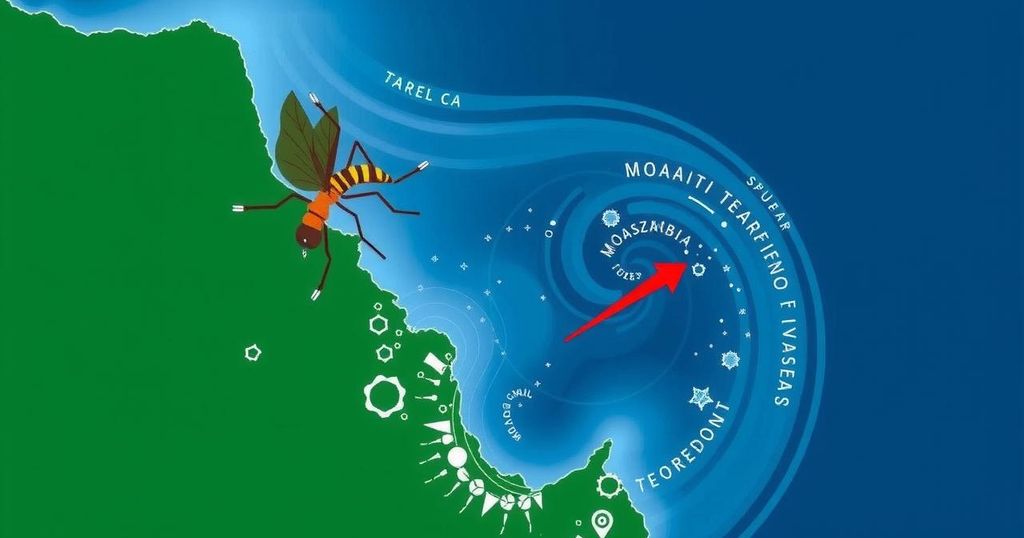Global News Overview: Health and Humanitarian Crises Across Nations

The World Health Organization certified Egypt as malaria-free after a century of efforts against the disease. In Cuba, a tropical storm has left millions without power and is expected to worsen conditions. UN Secretary-General António Guterres called for calm in Mozambique following the killings of opposition figures amidst electoral disputes. In South Sudan, severe flooding has led to a humanitarian crisis, prompting WHO support to address health impacts in affected areas.
In a significant milestone for public health, the World Health Organization (WHO) has granted official certification to Egypt as malaria-free, a result of a century-long commitment to eradicating the disease. WHO Director-General Tedros Adhanom-Ghebreyesus remarked, “Malaria is as old as Egyptian civilisation itself, but the disease that plagued pharaohs now belongs to its history and not its future.” This development marks Egypt’s inclusion as the third nation in the WHO Eastern Mediterranean region to receive such recognition, joining the United Arab Emirates and Morocco, and contributing to a total of 44 countries worldwide that have achieved the status. In Cuba, the situation remains dire as a recent tropical storm, compounded by existing infrastructure issues and fuel shortages, has resulted in power outages affecting approximately 10 million citizens. The UN Country Team is poised to offer assistance, with significant rainfall predicted to exacerbate local conditions. UN Deputy Spokesperson Farhan Haq noted, “The strong but slow-moving storm has generated significant rainfall in the eastern and central parts of Cuba over the past few days.” Meanwhile, in Mozambique, UN Secretary-General António Guterres has called for a thorough investigation into the recent killings of two opposition figures amid election disputes. Guterres has urged political leaders and citizens to maintain calm and reject violence as the nation prepares for official electoral results, reinforcing the UN’s commitment to peace and stability in Mozambique. In South Sudan, the WHO has initiated support efforts in response to severe flooding impacting nearly 890,000 individuals. With more than 226,000 displaced and critical healthcare facilities rendered inaccessible, the WHO has begun distributing emergency health kits designed to tackle the rising incidence of malaria and suspected cholera cases in the region, thus underlining the ongoing humanitarian crisis intensified by climate change.
The article addresses global health and humanitarian crises affecting different nations. Egypt’s achievement of being certified malaria-free illustrates successful public health initiatives and the impact of coordinated efforts over long periods. The tropical storm in Cuba highlights vulnerabilities in infrastructure and the additional toll of climate disasters on already struggling nations. Guterres’ appeal regarding Mozambique raises awareness of political violence and the need for peaceful resolution in contentious electoral climates. Finally, the WHO’s response to flooding in South Sudan underscores the urgency of addressing public health concerns in the wake of natural disasters, particularly in countries facing multiple challenges due to war and climate change.
The recent developments outlined in global news reveal critical health and political situations that require immediate attention and action. Egypt’s successful eradication of malaria serves as a beacon of hope and a model for other nations. Cuba necessitates urgent aid to recover from natural disasters and infrastructure failures. Moreover, Mozambique’s political unrest and the WHO’s support in South Sudan manifest the ongoing challenges in achieving stability and health security in regions grappling with violence and environmental crises. Addressing these multifaceted issues is crucial for fostering resilience and public health worldwide.
Original Source: news.un.org








